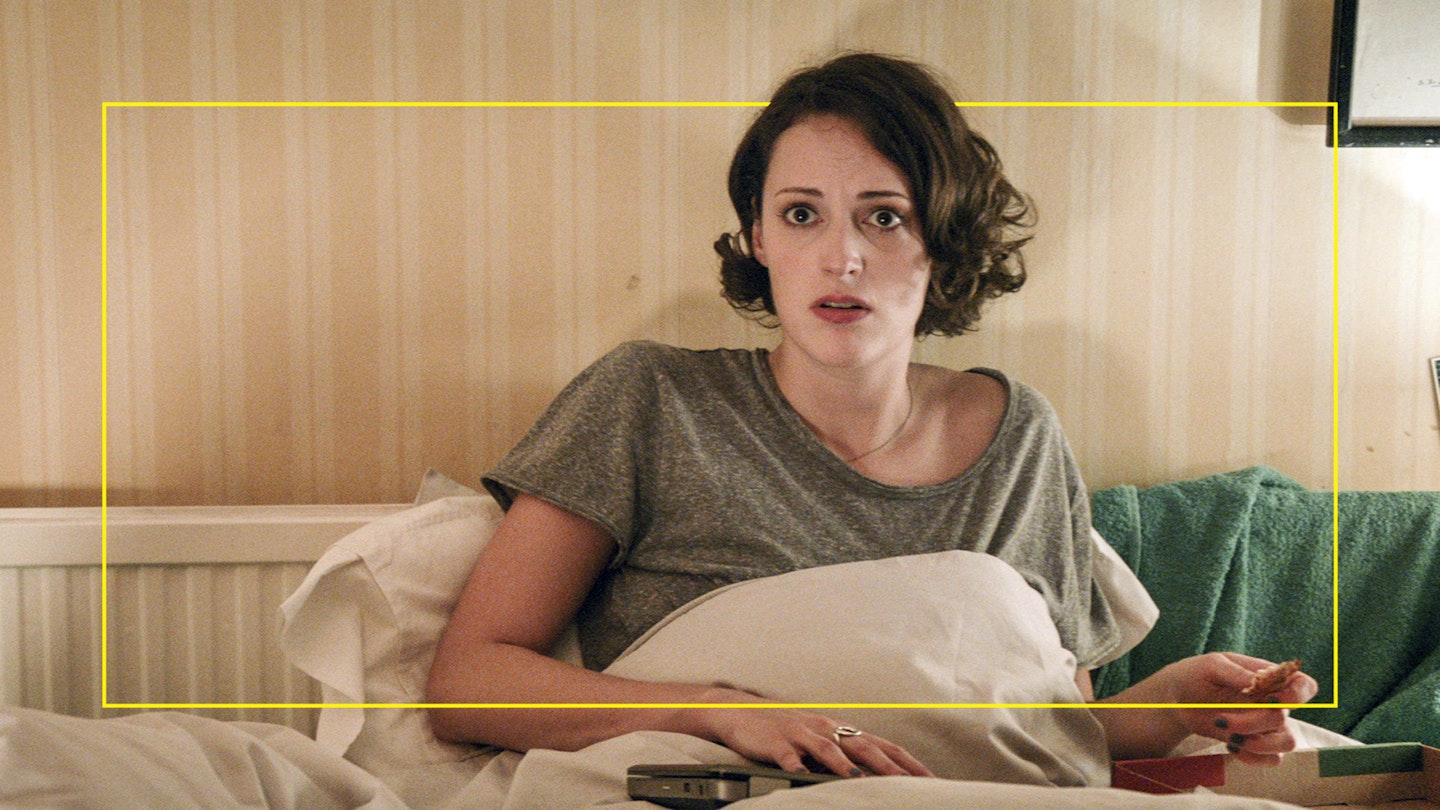In summer 2013, I was 29 and living my best life. My social calendar was full. My phone pinged with a constant throng of activity. I’d pledged to go out every single night in the run-up to the ‘Big 3-0’ and I was not one to break a promise. The hedonistic summer, with its girls’ trip to Ibiza, festivals and endless bottles of prosecco, was to finish with one final hurrah – a big birthday bash with 60 friends. As I reminisce on my sofa, the same place I sat last night and the night before – and, in fact, every night for the last two years (yep, I practised lockdown before it was a thing) – I can’t believe it’s the same person who threw that party and moaned about having too many plans, too many friends.
At 29, I couldn’t imagine my life now – at home, immersed in the weirdly comfortable feeling of loneliness. Don’t get me wrong: I have friends, a great family, two adorable (most of the time) children and lots of people who love and care for me. But a best friend or close friendship group – you know, like the one Sex And The City sold us? I do not have.
And I’m not alone. Instagram may tell us everyone’s surrounded by a group of close friends, but a recent study by the Onward think tank has found a fifth of under-35s say they have one or no close friends. The study suggests we have slipped into an epidemic of loneliness due to what the study called a ‘collapse in community’. Basically, although our generation might have an active social media community, the chances of us knocking on a neighbour’s door for a cup of sugar is pretty slim.
Lockdown has exacerbated the problem, but for me the change started in my early thirties. The years that followed that party were a whirlwind of boyfriends, as well as engagements, weddings, baby showers and births – a blur of organised occasions that still kept me busy. But, in tandem, priorities were changing. Suddenly, the friends who felt like family started to have their own families – myself included. After a whirlwind romance, engagement, a joint mortgage and the arrival of my daughter followed – all before my 33rd birthday.
With life in the way, the last-minute, spontaneous outings stopped. Now, making plans was similar to a military operation. It took diaries, endless to-ing and fro-ing with dates and usually at least two dropouts before the actual event. It was then I realised the closeness had gone. I mentioned it to a few of the mums on the school run and found many shared similar experiences.
However, it wasn’t just becoming a mum that caused my problems. After much heartache, my fiancé and I separated and I found myself at home with a one-year-old and a three-year-old. I was also made redundant. The career that had anchored and defined me was over. What followed was six months of pure survival. I didn’t have the energy or the headspace to keep in touch with anyone. And, instead of anyone asking why or being there for me, the communication stopped. This was a reality slap. It felt like I wasn’t an important enough friend for them to care.
Strangely, this realisation allowed me to accept it. I don’t feel bitter or resentful; you can’t make someone want to be friends with you. In a weird way I understand.
Now, I’ve become accustomed to being alone – and this has also allowed me to reflect on myself as a friend. I’m not sure I was ever a really good one. I was brilliant for a good time but I didn’t enjoy the ‘bonding’.
Sometimes, I feel overwhelmingly lonely and yearn for social interaction, but this time has allowed me to evaluate what I want from a friend and what type of friend I want to be. I know I will never go for quantity over quality again. It’s also proved I am my own best friend – these days, I like myself way more than I ever did when I had a fully booked diary.
READ MORE: Pandora Sykes: 'The Pandemic Has Made My Friendship Group Smaller, But Sharper'
